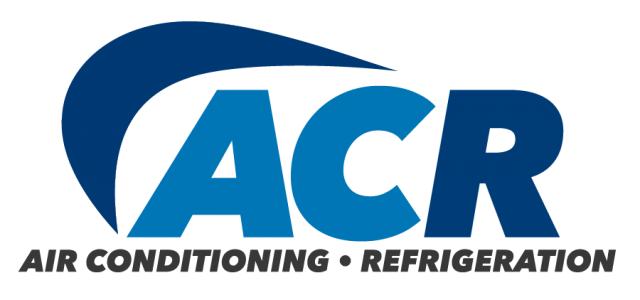Regardless of temperature changes, many Winter Park, FL homeowners are looking for ways to keep their heating and cooling costs low. A heat pump is and has become a more popular alternative for moving heat from one location to another. On the market, there are a few different kinds of heat pumps. Each one has a unique set of advantages.
Water-Source Units
Water-source heat pumps use water from a well, lake, or river as a thermal energy source to transfer heat. This type of heat pump is prevalent in areas with ample water available and can remain intact for decades.
A water-source heat pump uses underground pipes to circulate refrigerant. Heat is absorbed from the surrounding soil, which turns it into a liquid. The liquid is then pumped to the indoor unit, turning it back into a gas and releasing heat.
One of the most significant advantages of a water-source heat pump is that it’s very efficient; it’s about twice as efficient as an air-source unit. Finally, a water-source heat pump is a great eco-friendly option.
Air-Source Heat Pumps
Air-source heat pumps work by extracting heat from the outside air and transferring it inside, which can help to lower your heating and cooling costs by up to 50%. Additionally, they don’t rely on oil or gas, making them a more environmentally friendly option.
The ability to use air-source heat pumps in all climates to maintain good indoor air quality is one of its most important benefits. During the somewhat cooler months, they work by extracting heat from the outside air and transferring it inside.
During the warmer seasons, you can reverse them to remove heat from your home and transfer it outside. Overall, they’re perfect for providing year-round temperature control.
Installation is also relatively simple, for the most part. If nothing else, contact a qualified service tech to complete a preliminary evaluation. You’ll have a more accurate timeline of installation by completing this step and leave the rest of the work to seasoned pros. The final benefit of air-source heat pumps is that they require little maintenance and have a long lifespan.
Ductless Mini-Split Units
Ductless mini-split units are a type of air source heat pump. They’re more energy efficient than traditional heating systems and can save you up to 30% on your monthly energy costs. Ductless mini-split units are an excellent choice for those looking to save money on their heating bills and reduce their carbon footprints.
At the same time, they do not require ducts but deliver air directly to your home through small, wall-mounted units. These systems operate the same way as a ducted system, with air passing over cooled refrigerant-filled coils and depositing heat into your home.
Ductless mini-split systems offer several advantages over other types of heat pumps. They are much more efficient than ducted systems, and you can use them to heat and cool specific areas rather than your entire home. What’s better than having a comfortable household while saving on energy bills in the process?
Split Heat Pumps
Split heat pump units are yet another common type of heat pump. These systems use two separate units – one inside and one outside– to cool and heat your house. Split systems are often more efficient because they can quickly adjust to changing weather conditions. Also, split heat pump units can be installed with ductwork already in your home. The cost may be on the higher side depending, but maintaining them is a breeze.
Contact ACR Air Conditioning & Refrigeration if you’re in the market for a new heat pump or if your current heat pump isn’t operating as it should. Our team of experienced HVAC service techs can help you select the right heat pump for your home or business.
Image provided by iStock


